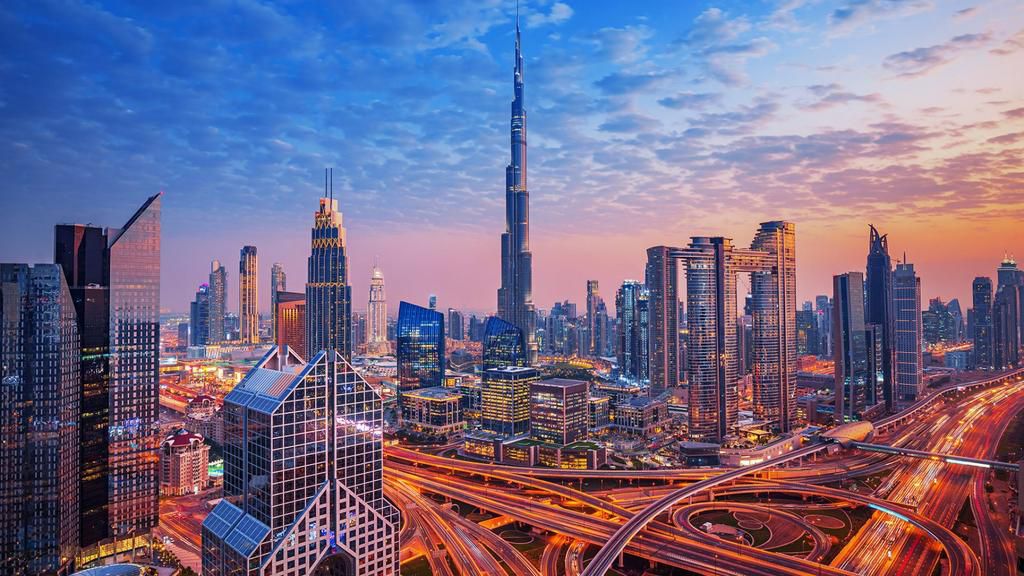
Rich nations often present an illusion of prosperity, boasting high standards of living, well-funded public services, and thriving economies. However, in some cases, immense national wealth starkly contrasts with widespread poverty among the general population. This paradox arises from various factors, including extreme income inequality, political instability, economic mismanagement, and the failure to distribute wealth equitably.
While some countries generate enormous revenues from abundant natural resources such as oil, gas, or minerals, the benefits frequently remain concentrated in the hands of a privileged elite. Corruption, inefficient governance, and political conflicts further hinder economic progress, preventing the majority from accessing the wealth their country produces.
Below are some of the world's wealthiest nations where significant portions of the population still live in poverty:
1. Qatar
Qatar ranks among the wealthiest nations globally based on GDP per capita, primarily due to its vast natural gas reserves. Despite its affluence, a large segment of the population, particularly migrant workers, experiences severe economic hardship. Many endure exploitative labour conditions, low wages, and restricted access to basic services, highlighting the stark gap between the ruling elite and the underprivileged workforce.
2. United Arab Emirates (UAE)
The UAE, particularly Dubai and Abu Dhabi, is globally renowned for its luxurious skyscrapers, high-end shopping, and extravagant lifestyles. The country has amassed substantial wealth from oil and gas, yet economic inequality persists. A significant proportion of the UAE's workforce consists of low-paid migrant workers who reside in overcrowded and inadequate living conditions, creating a sharp contrast with the affluence enjoyed by the Emirati elite.
3. Saudi Arabia
Saudi Arabia’s vast oil reserves have funded a lavish lifestyle for some of its citizens, but widespread unemployment, economic disparity, and youth joblessness persist. While members of the royal family and business elites amass immense fortunes, a significant percentage of the population struggles with limited job opportunities and financial insecurity.
4. Nigeria
As Africa’s largest economy, Nigeria possesses vast oil reserves, yet millions of its citizens continue to live in abject poverty. Endemic corruption, poor governance, and economic mismanagement have prevented the country from effectively utilising its wealth to improve living standards. Many Nigerians lack access to basic healthcare, education, and infrastructure, highlighting the severe income inequality in the nation.
5. Venezuela
Venezuela is home to one of the world’s largest oil reserves, making it a theoretically wealthy nation. However, years of political instability, hyperinflation, and economic mismanagement have led to a devastating decline in living conditions. The country is now plagued by food shortages, skyrocketing inflation, and severe poverty, leaving the majority of its citizens struggling to survive.
6. Angola
Angola is an oil-rich African nation with significant natural resources, including diamonds and minerals. Despite this wealth, most Angolans still endure extreme poverty due to corruption, weak infrastructure, and political instability. The nation’s vast resources have benefited a small elite, while the broader population faces high unemployment rates and a lack of basic services.
While a country's natural riches and economic power can contribute to national prosperity, they do not automatically translate into better living conditions for all. Sustainable economic policies, transparent governance, and equitable wealth distribution are essential to ensuring that prosperity reaches every citizen—not just a privileged few. Without structural reforms, these nations will continue to reflect the paradox of extreme wealth coexisting with widespread poverty.
Read Full Story

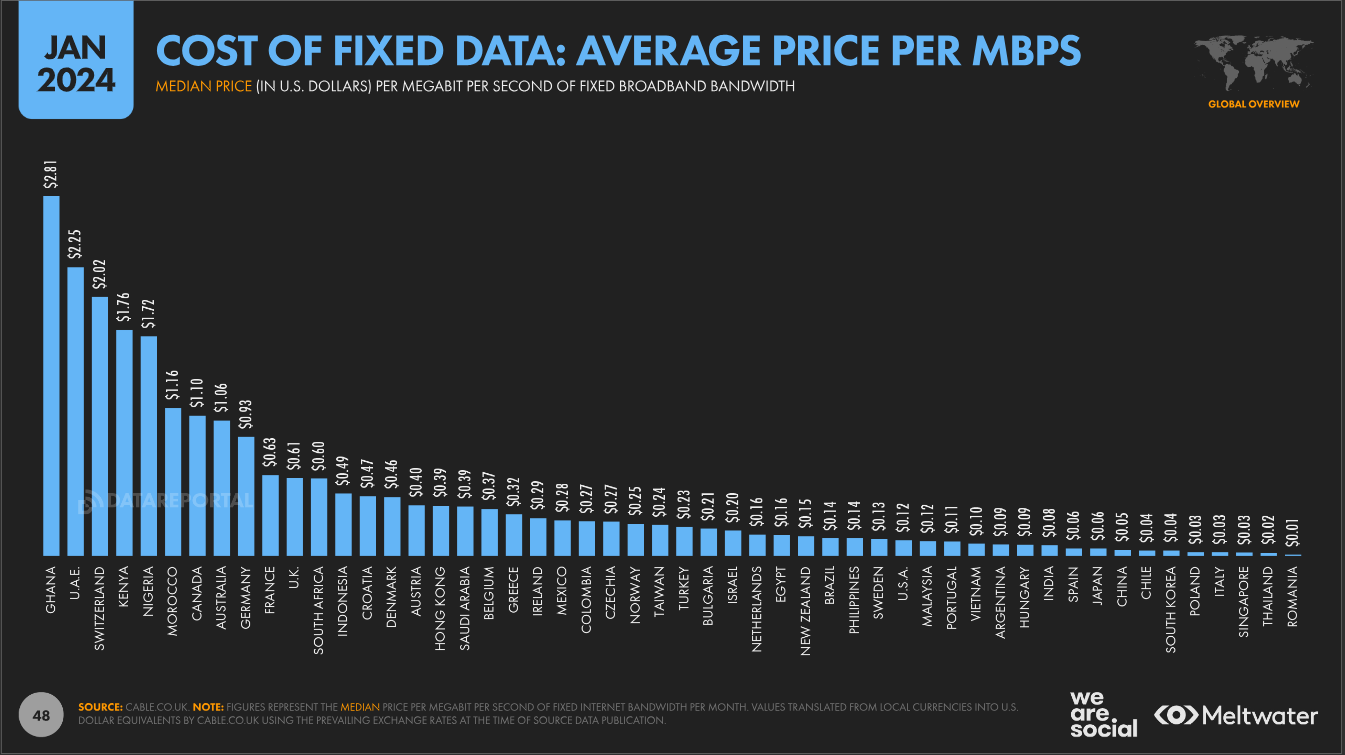

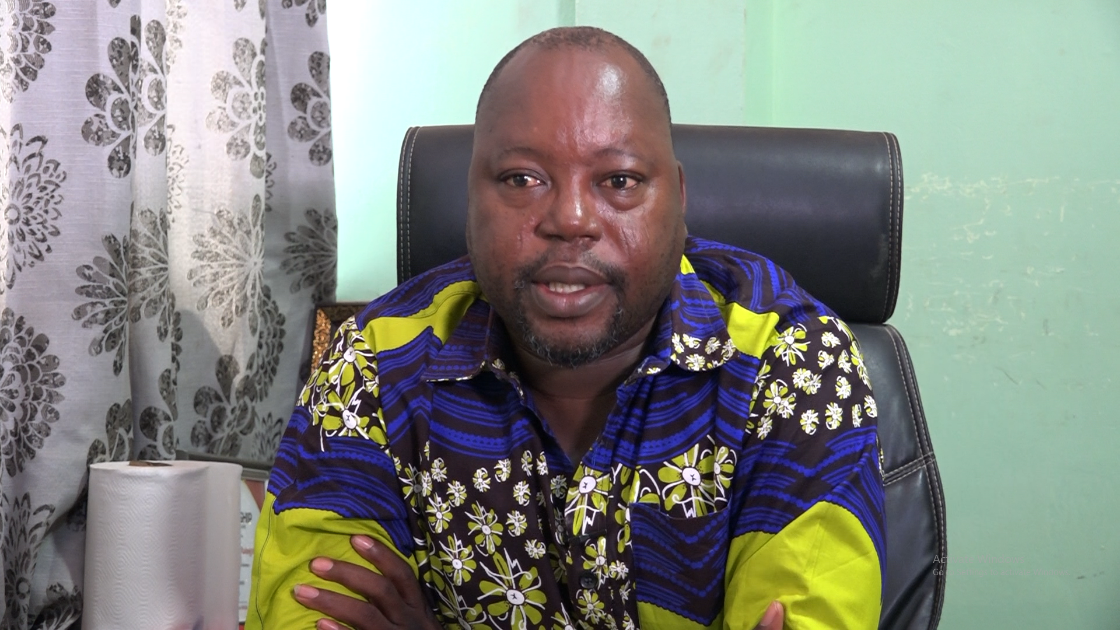
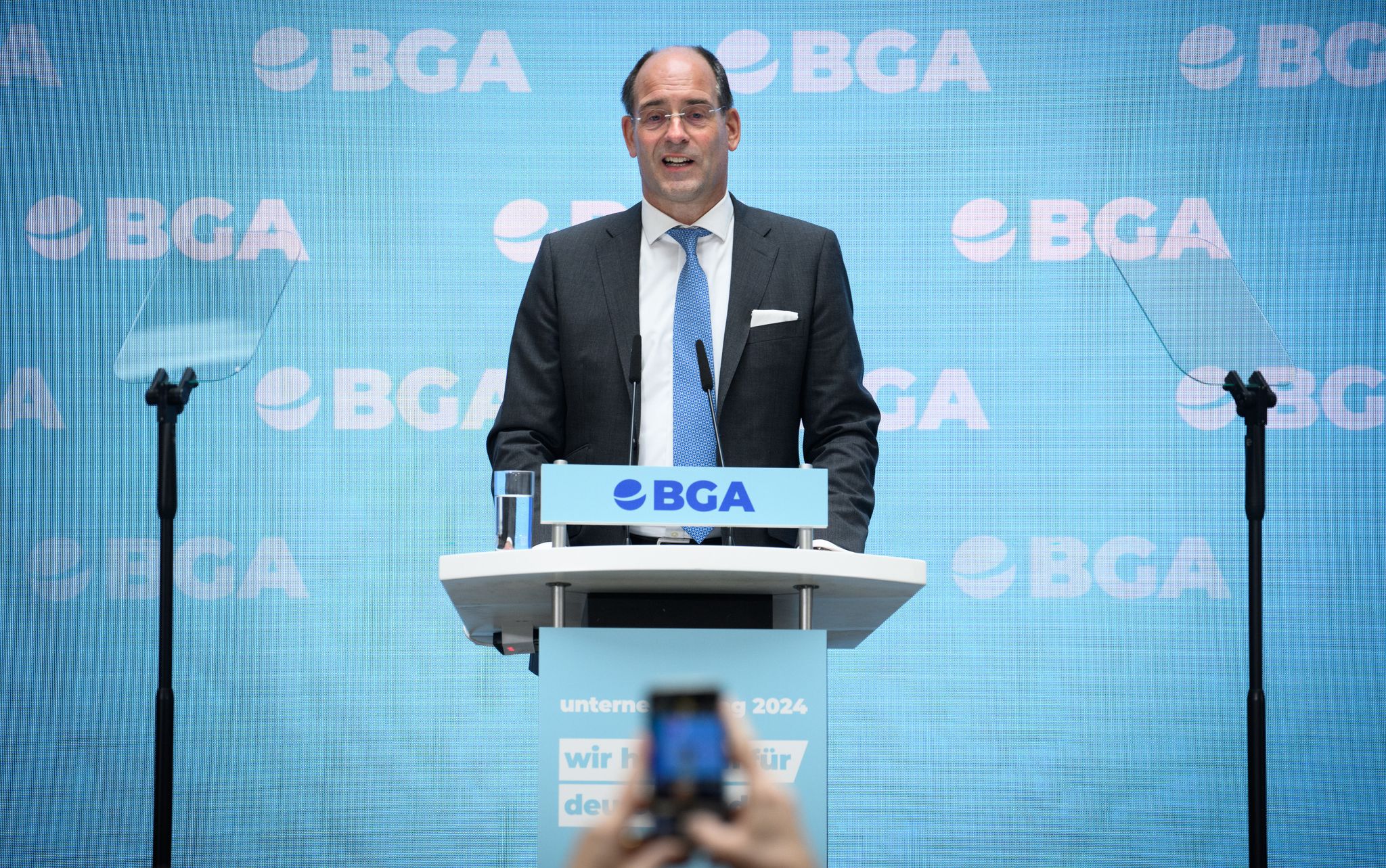

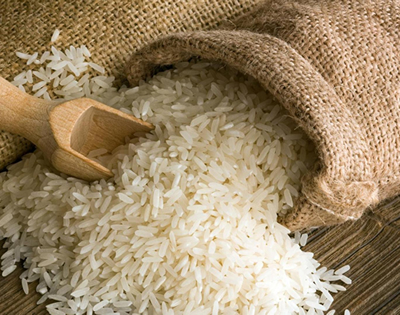






Facebook
Twitter
Pinterest
Instagram
Google+
YouTube
LinkedIn
RSS